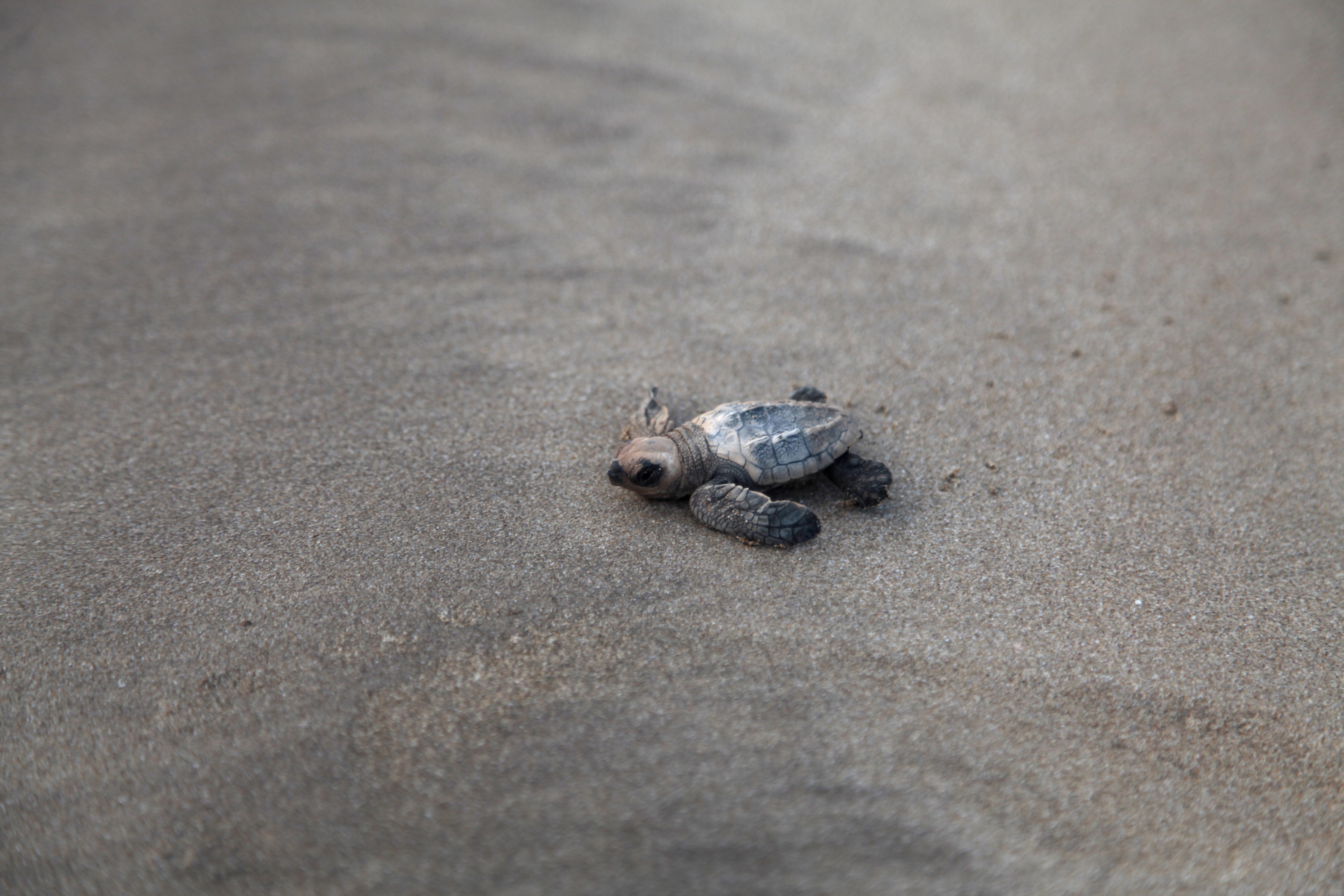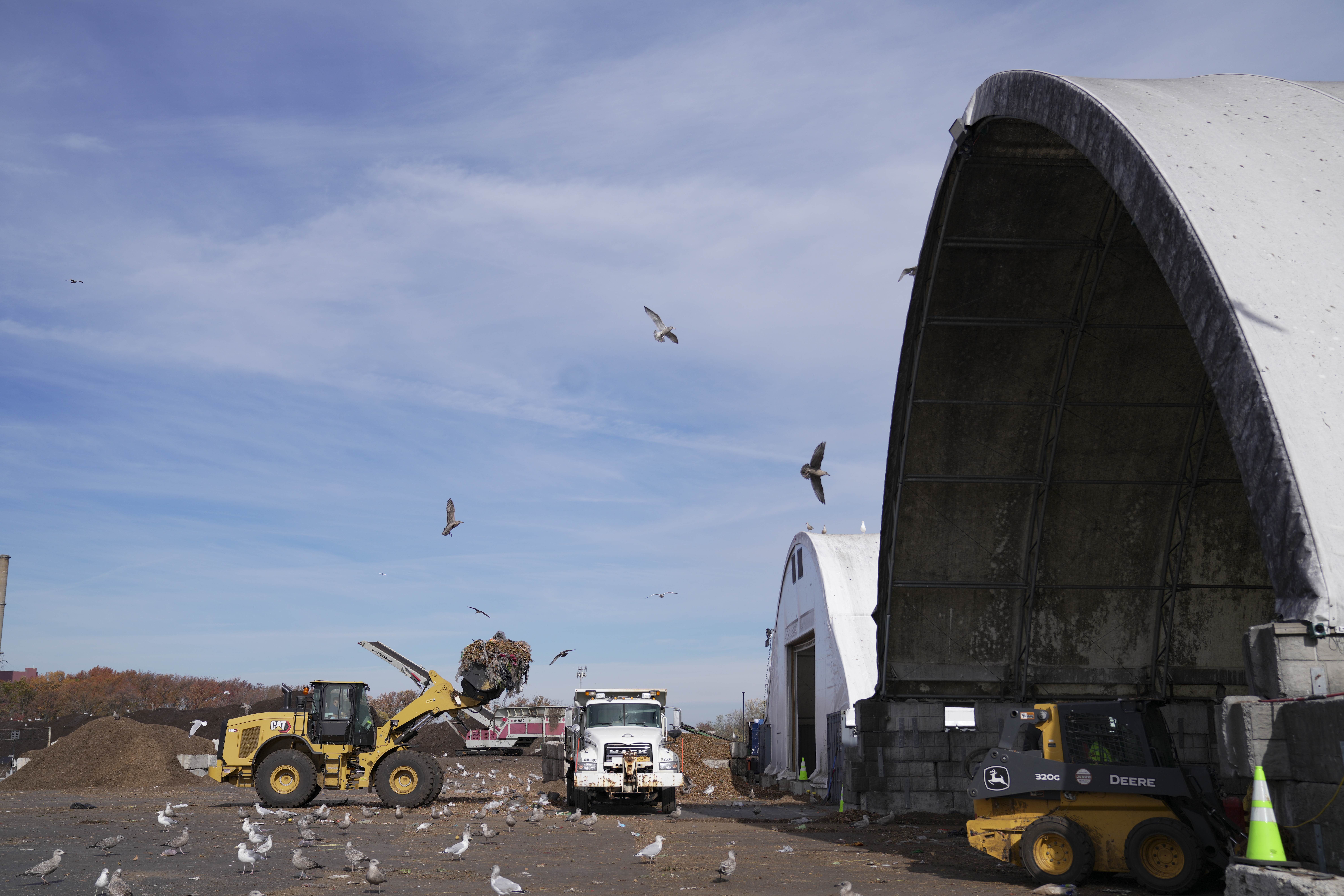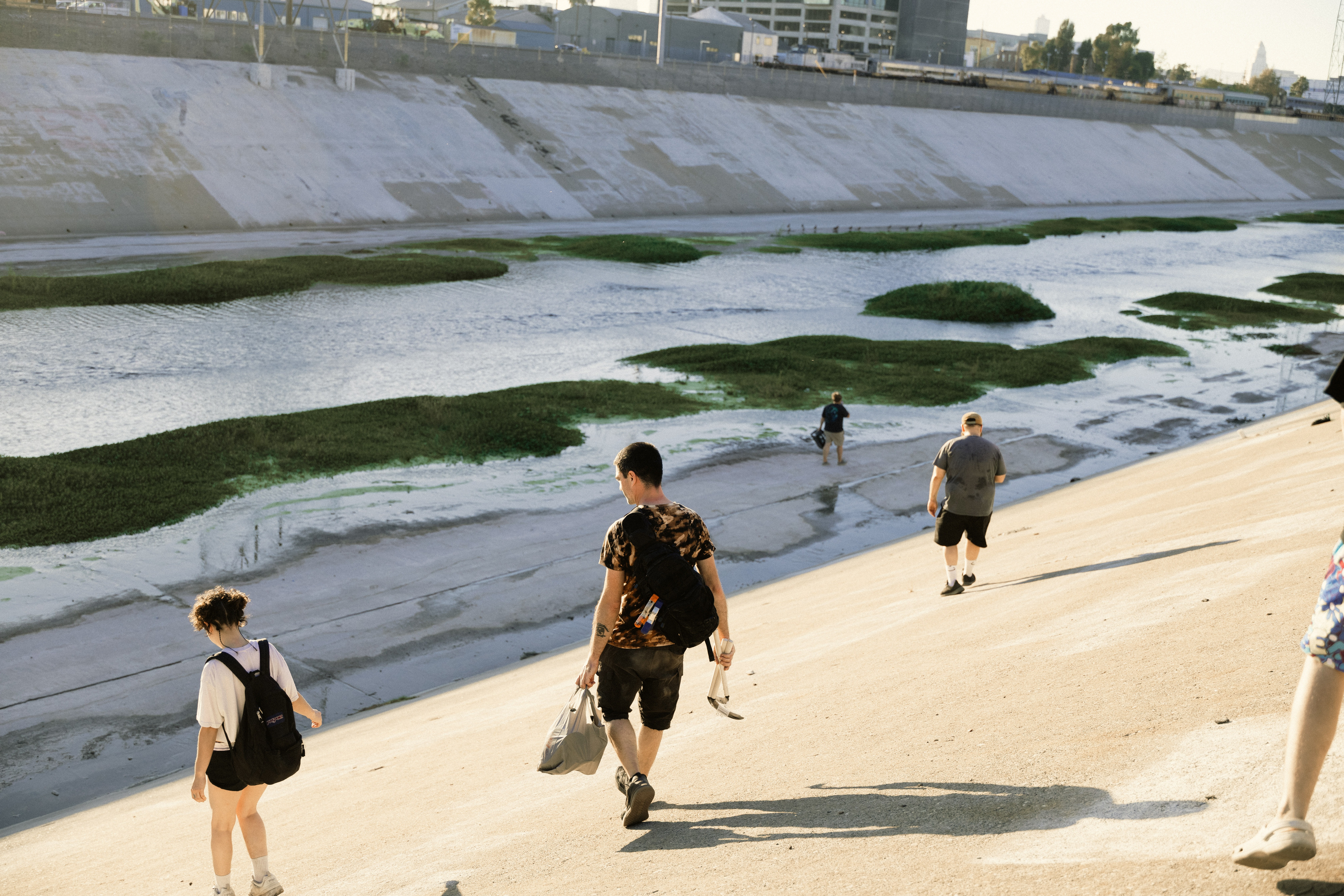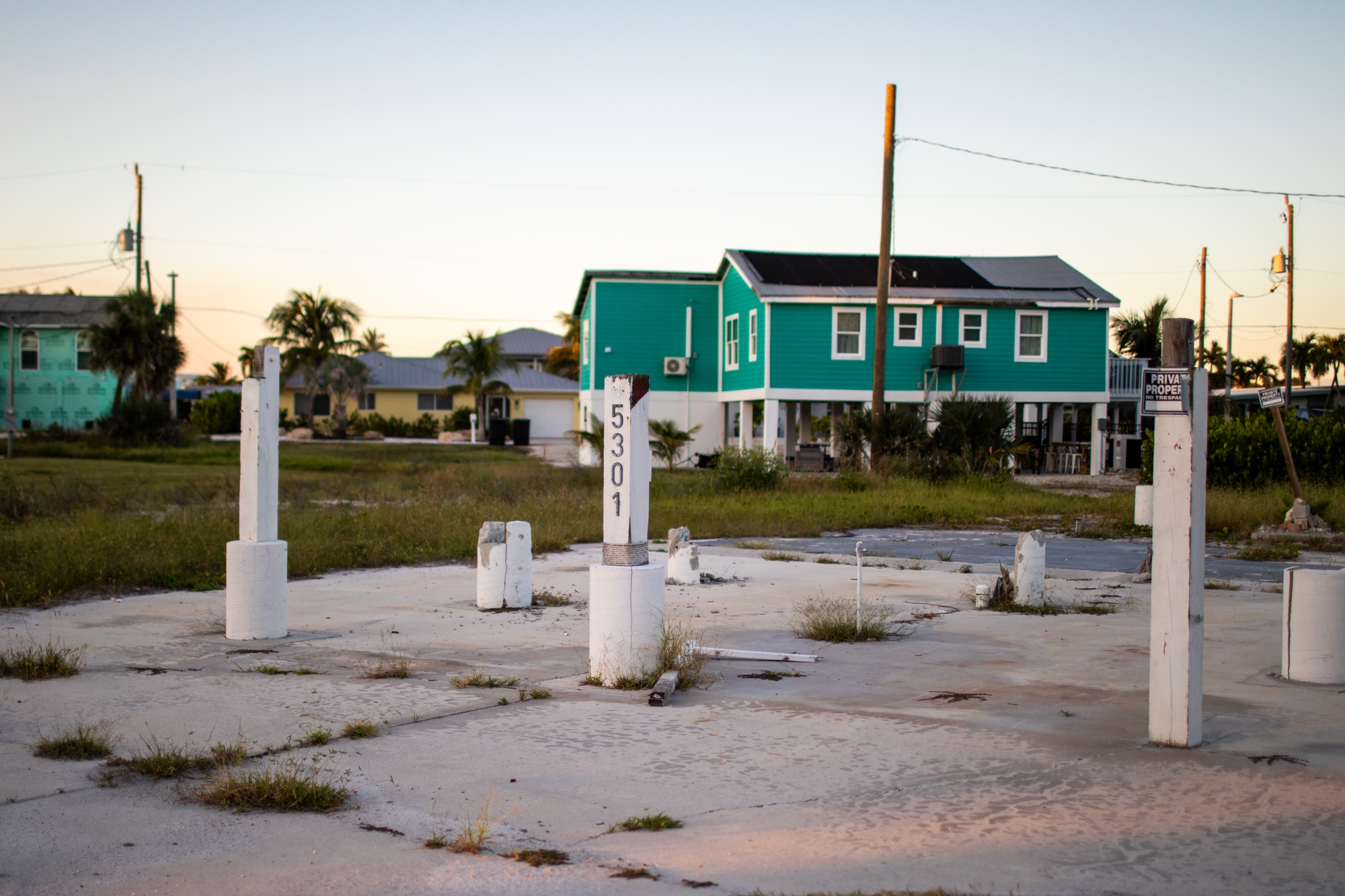Orange rivers and melting glaciers: federal report shows rapid change in the Arctic

This year's Arctic Report Card from the National Oceanic and Atmospheric Administration finds that the northernmost part of the Earth is warming faster than the global average, leading to melting glaciers, shifting fish populations, and rivers running orange.
(Image credit: Josh Koch)











